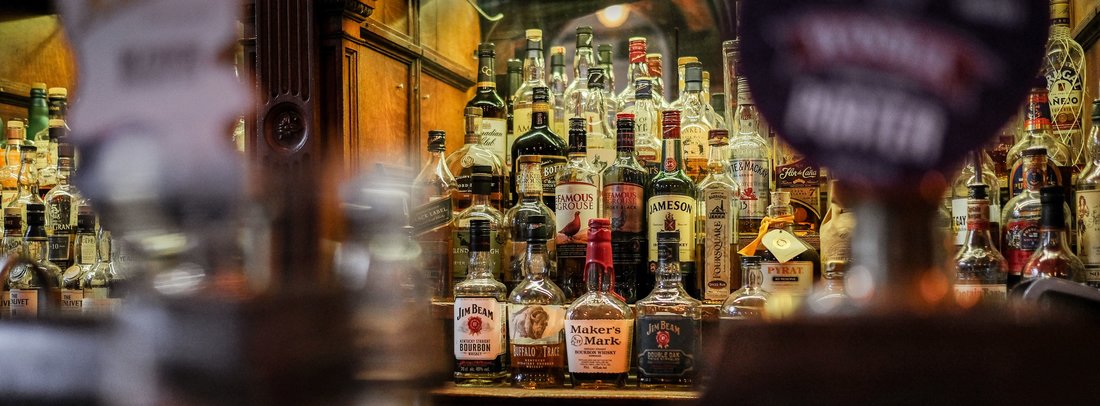
Like many other states, Minnesota takes a firm stance on open containers of alcohol in vehicles. While a select few have no open container state laws, Minnesota is not counted among them, but it also does not have the harshest penalties either. However, while drivers may fear a DWI charge because of the presence of alcohol in their vehicle, an open container charge is not considered a DWI if the driver was below the legal limit. If the driver was intoxicated with an open container, they would instead face two charges – one for the DWI and one for the open container – instead of just a DWI.
MINNESOTA’S OPEN BOTTLE LAW
In Minnesota, the open bottle law states that neither drivers nor their passengers are legally allowed to possess an open bottle of alcohol in their vehicle. Like any law, the open bottle law needs to be broken down into its specific parts to see just how it can be prosecuted as well as how a defense for it can be built.
- Alcohol – The law defines alcohol exactly how you would expect. It covers lower alcohol content beverages like beer or wine, malt liquor beverages, and hard spirits. Open containers of any are considered barred by this law.
- The Vehicle – Surprisingly, not every vehicle is barred from having open containers. Cars, motorcycles, and other off road vehicles on public roads are all barred by the law. Boats, however, are not counted. Limousines, buses, and pedal pubs all have open container exemptions as well, but only for the passengers of these vehicles. Drivers of exempted vehicles are not allowed to possess open containers. It is also crucial to know that open container laws are still in effect even if the vehicle is not moving. You could be drinking in your car parked in front of your house on the street and still be in violation.
- Possession – In Minnesota’s open bottle law, there are two types of possession – constructive and actual. Actual possession is where the open container is physically on the person such as in their hand or pocket. Constructive possession, however, is typically what dings more innocent drivers. Constructive possession covers open containers in places typically occupied by passengers such as seats, under seats, in the glove box, or in the cup holder. The only safe area for transport of your open containers, such as after leaving a house party, is in the trunk of your vehicle.
PENALTIES FOR OPEN BOTTLES IN MINNESOTA
Unlike the frightening penalties for DWI, if you were only arrested for an open bottle in Minnesota, the penalties are much less severe. However, you still want to avoid it if possible.
The crime of having an open container of alcohol in your vehicle on a public road is a misdemeanor. As such, this means a maximum of 90 days in jail and/or a maximum fine of $1,000. Drivers of the vehicle also maintain the strict liability. So if your passengers were the one with the open container, the driver will still face the penalties.
For adult drivers, unlike DWI charges, they will not face any sanctions on their driver’s license. However, for those below the age of majority, if they are convicted in Minnesota, they will lose their driver’s license and have to reapply in a year.
NEED HELP?
While open bottle penalties in Minnesota aren’t particularly harsh, they are still not something you want on your record. If you have been arrested for an open container of alcohol or a more serious DWI, contact us today. The Speas Law Firm is ready to come to your aid to make sure you don’t need to suffer unfair punishments.